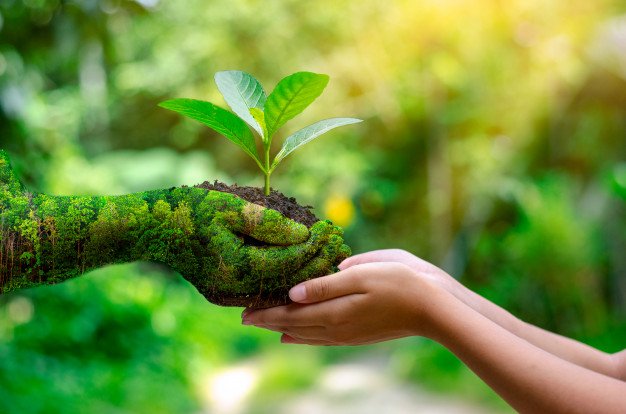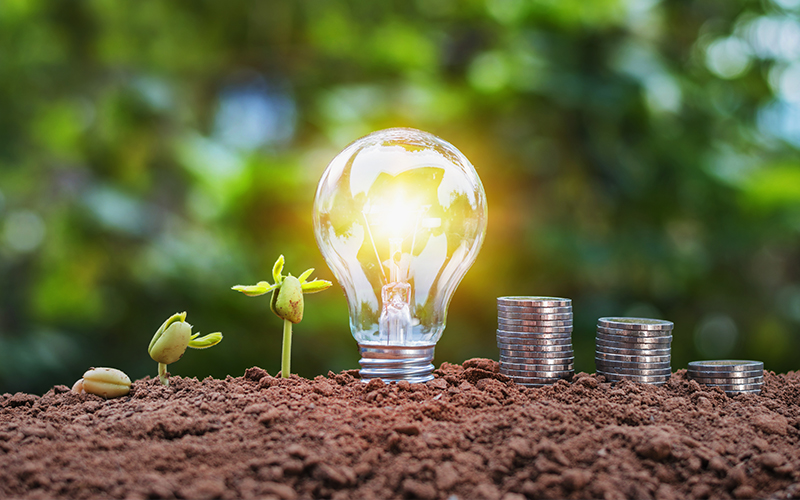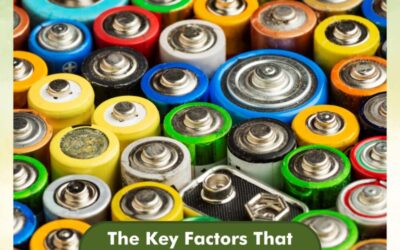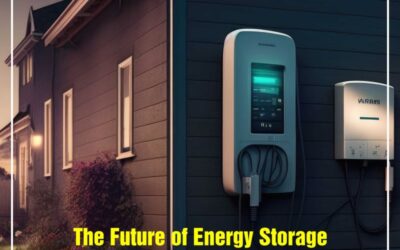
Revolutionizing Climate Change Mitigation: Indi Energy’s Sodium-ion Battery and the Environmental Impact of Lithium-ion Batteries
Climate change is a pressing global concern that demands immediate action. Batteries containing lithium-ion were once hailed as the key to solving our dependency on fossil fuels. But ask yourself: is it necessary to drive the transition to green energy with destructive and toxic mineral extractions? As we strive for a green energy revolution, it is essential to reevaluate our dependence on destructive and toxic mineral extractions. This is where Indi Energy’s sodium-ion batteries come into play. In this article, we will delve into the drawbacks of lithium batteries and explore the potential of sodium-ion batteries as a sustainable alternative, offering a cleaner and greener future for our planet.
What is climate change?
Climate change refers to long-term shifts in temperatures and weather patterns driven primarily by our activities, such as the burning of fossil fuels like coal, oil, and gas. Burning fossil fuels generates greenhouse gas emissions that act like a blanket wrapped around the Earth, trapping the sun’s heat and raising temperatures. Carbon dioxide and methane are the main greenhouse gases that are causing climate change. Rampant deforestation is another major culprit in releasing carbon dioxide.
In comparison, lithium-ion batteries offered us all a cleaner alternative to fossil fuels. They were also instrumental in storing excess renewable energy, allowing for a more reliable and consistent supply of electricity. And how can we forget the scalability and versatility of lithium-ion batteries? They have played a vital role in integrating intermittent renewable energy sources into the power grid. Although they have played a crucial role in decarbonizing the energy sector, the social and environmental costs of lithium-ion batteries cannot be ignored.

What is the problem with lithium-ion batteries?
Perhaps you are wondering, “How can something so commonly used, like phones or electric vehicles, cause so much harm?” The truth of the matter is, lithium batteries do have some major downsides, such as being highly unstable at high temperatures, making the batteries flammable. They also have thermal runaway, which is a severe safety issue, and poor performance at low temperatures. However, the focus here is specifically on their effect on society and the climate.
A lithium battery is composed primarily of lithium, a soft, silvery alkali element that does not occur freely in nature but rather in compound form with other minerals. The lithium triangle, a region in South America that encompasses Chile, Argentina, and Bolivia, contains more than half of the world’s lithium supply. As a result of lithium mining, which consumes almost 500,000 gallons per ton, the water supply here has been drastically reduced. Additionally, the lithium extraction process uses sulfuric and hydrochloric acids, which are difficult to contain and dispose of safely and are directly responsible for contaminating water basins. With human rights abuses in the mining process, high greenhouse gas emissions, and an inability to recycle them efficiently, the adverse effects of Li-ion batteries are becoming more evident every day.
Lithium reserves are sparse, even though they are spread around the world, and after 2030, chronic lithium shortages are expected as a result. Instead of hunting for new lithium sources, we should look at the alternative, which is Indi Energy’s sodium-ion batteries. A breakthrough battery that uses sodium as the cathode and hard carbon, a material made from crop residues and biowaste, as the anode.
How can Indi Energy’s sodium-ion batteries help neutralize the impact of climate change?
Four IIT-Roorkee graduates took on a challenge to revolutionize the energy sector and create India’s first indigenous sodium-ion battery. This non-flammable battery is made up of an element that is abundant in nature; its sourcing is environmentally friendly; it has a much lower carbon footprint; it offers similar performance as Li-ion batteries but with a similar or longer lifespan; and it has simultaneously solved the issue of stubble burning in India, a problem that has plagued our country for decades.
Our sodium-ion batteries are a technological marvel that can propel the Indian energy sector to unprecedented heights. An achievement recognized by both Energy Alternatives India as one of its “Top 100 innovative Indian startups in climate action” and The Better India naming Indi Energy as one of the “5 Innovating Startups Revolutionising India’s Renewable Energy Sector.”
Changes in the climate have been occurring since long before we arrived, and they will continue to do so. The only thing we’ve done is speed up the process. If left unchecked, climate change will threaten every aspect of human life. Humanity will soon have the capacity to repair the damage done to the climate, lives, and planet once Indi Energy’s sodium-ion batteries become mainstream. The future is going to be powered by salt and biowaste, not rare metals or fossil fuels. Get in touch with us today and let’s create a truly clean and green future for all of us.






